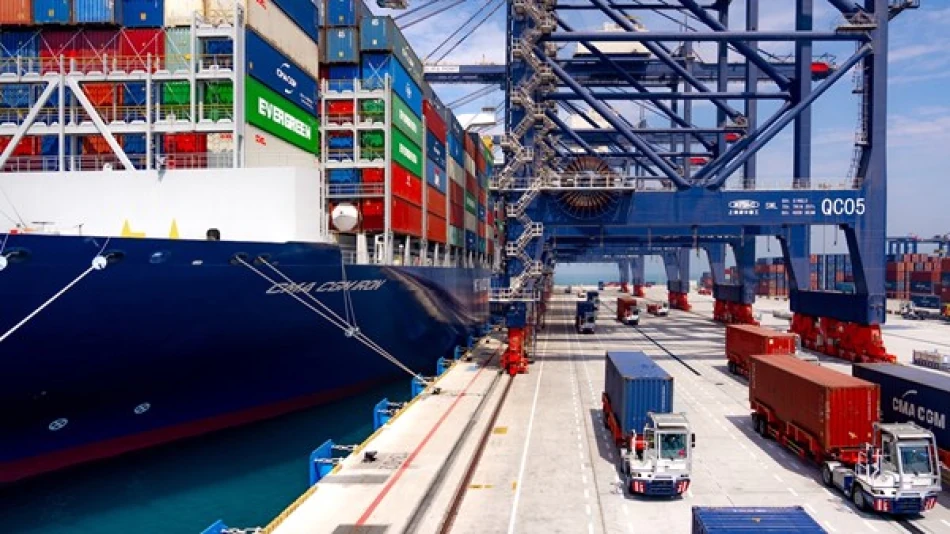
Boosting Mutual Growth: Africa's Economies Partner for Prosperity
UAE's African Strategy: How Trade Partnerships Are Creating New Investment Corridors
The UAE's aggressive push into African markets through comprehensive economic partnerships is opening significant new avenues for both domestic companies and international firms using the Emirates as their regional hub. With Angola becoming the third African nation to sign such an agreement in 2024, the strategy reflects a calculated move to position Dubai and Abu Dhabi as gateways to one of the world's fastest-growing economic regions.
A Systematic Approach to African Market Entry
The Emirates has moved with remarkable speed in securing trade agreements across Africa. The comprehensive economic partnership with Kenya was signed in January 2024, followed by Central African Republic in March, and most recently Angola. This rapid succession suggests a coordinated strategy rather than opportunistic deal-making.
These agreements go beyond traditional trade deals by encompassing investment flows, cross-border services, and financial sector cooperation. For companies like Capital.com, which operates across the Middle East and North Africa, such partnerships create regulatory clarity and market access that can accelerate expansion plans.
Strategic Timing Meets Market Opportunity
The UAE's African push comes at a critical moment when global supply chains are being restructured and companies are seeking alternatives to traditional manufacturing and sourcing hubs. Angola, in particular, offers compelling opportunities in energy and infrastructure development—sectors where Emirati companies already possess significant expertise.
Ducab, one of the UAE's early movers in Angola's market, exemplifies how local companies are leveraging these partnerships to diversify supply sources and expand their value chains. The metals company's presence in Angola's energy and infrastructure sectors demonstrates the practical applications of these trade agreements beyond diplomatic rhetoric.
Positioning Against Regional Competitors
This African strategy places the UAE in direct competition with other regional hubs seeking to capture growing trade flows. Singapore has long dominated Southeast Asian trade corridors, while Hong Kong traditionally served as the gateway to China. The UAE appears to be positioning itself as the equivalent portal for African markets.
The focus on comprehensive partnerships rather than simple trade deals suggests lessons learned from other successful hub economies. By including financial services and cross-border service provisions, these agreements create stickier relationships that are harder for competitors to displace.
Investment Implications and Market Access
For international investors, these partnerships offer dual benefits: simplified access to African markets through UAE-based operations, and exposure to the UAE's own growing economy. Companies establishing regional headquarters in Dubai or Abu Dhabi can now leverage preferential trade terms across multiple African markets from a single location.
The agreements also create opportunities for portfolio diversification, particularly in sectors like energy, infrastructure, and financial services where the UAE has developed significant expertise. Angola's oil-dependent economy, for instance, could benefit from UAE experience in economic diversification and renewable energy development.
Long-term Economic Transformation
These partnerships represent more than trade facilitation—they signal the UAE's evolution from a regional trading post to a global economic connector. By systematically building bridges to high-growth markets, the Emirates is creating multiple pathways for sustained economic expansion beyond its traditional oil and tourism sectors.
The emphasis on mutual development goals and shared economic growth suggests these partnerships are designed for durability rather than short-term gains. This approach could prove crucial as African economies continue their rapid development trajectory over the coming decades.
Most Viewed News

 Layla Al Mansoori
Layla Al Mansoori






